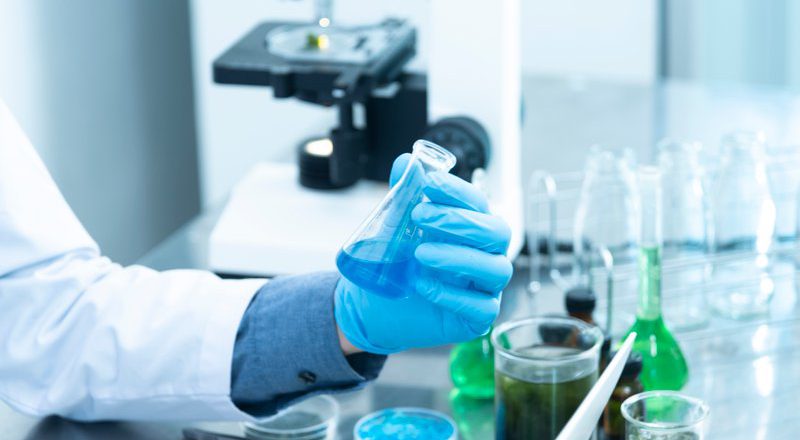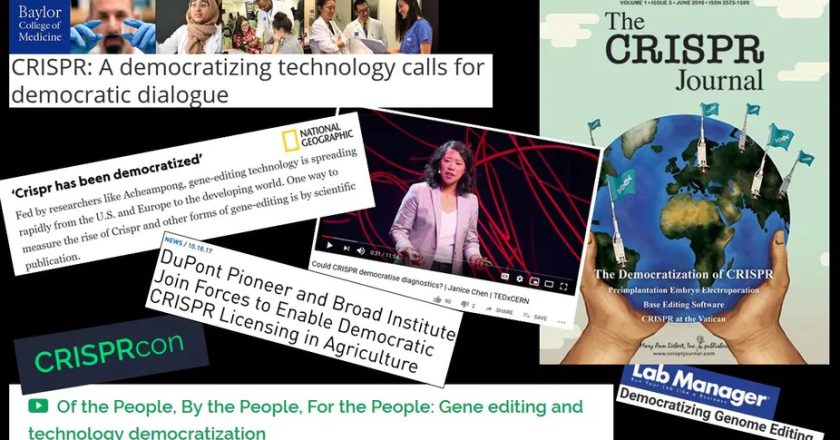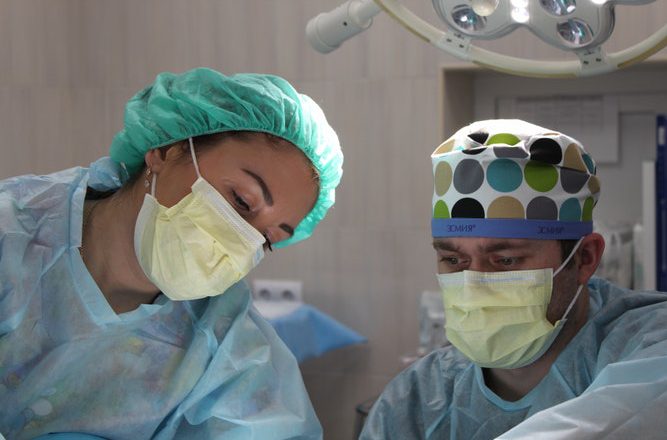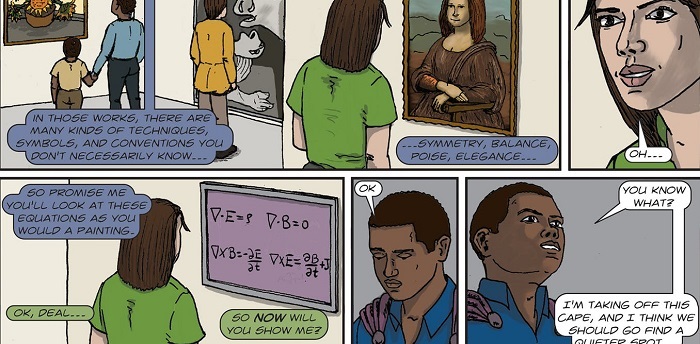Science elicits hope in Americans – its positive brand doesn’t need to be partisan
Harley-Davidson is one of the most iconic brands in the world. Harley-Davidson, however, doesn’t sell motorcycles – it sells a lifestyle. Look at any Harley-Davidson advertisement and you will see someone riding the open road. The Harley-Davidson brand is about freedom. Attitude. Living by your own rules.
A brand is the unspoken starting point when you first encounter any object, person or idea. It’s the emotional, sensory and cognitive reflex that shapes how subsequent information is gauged. A key to successful marketing, therefore, is understanding that starting point.
By the same token, effective science communication depends on understanding the factors that influence public perceptions of science so that those doing the communicating – such as the research community, health professi...







